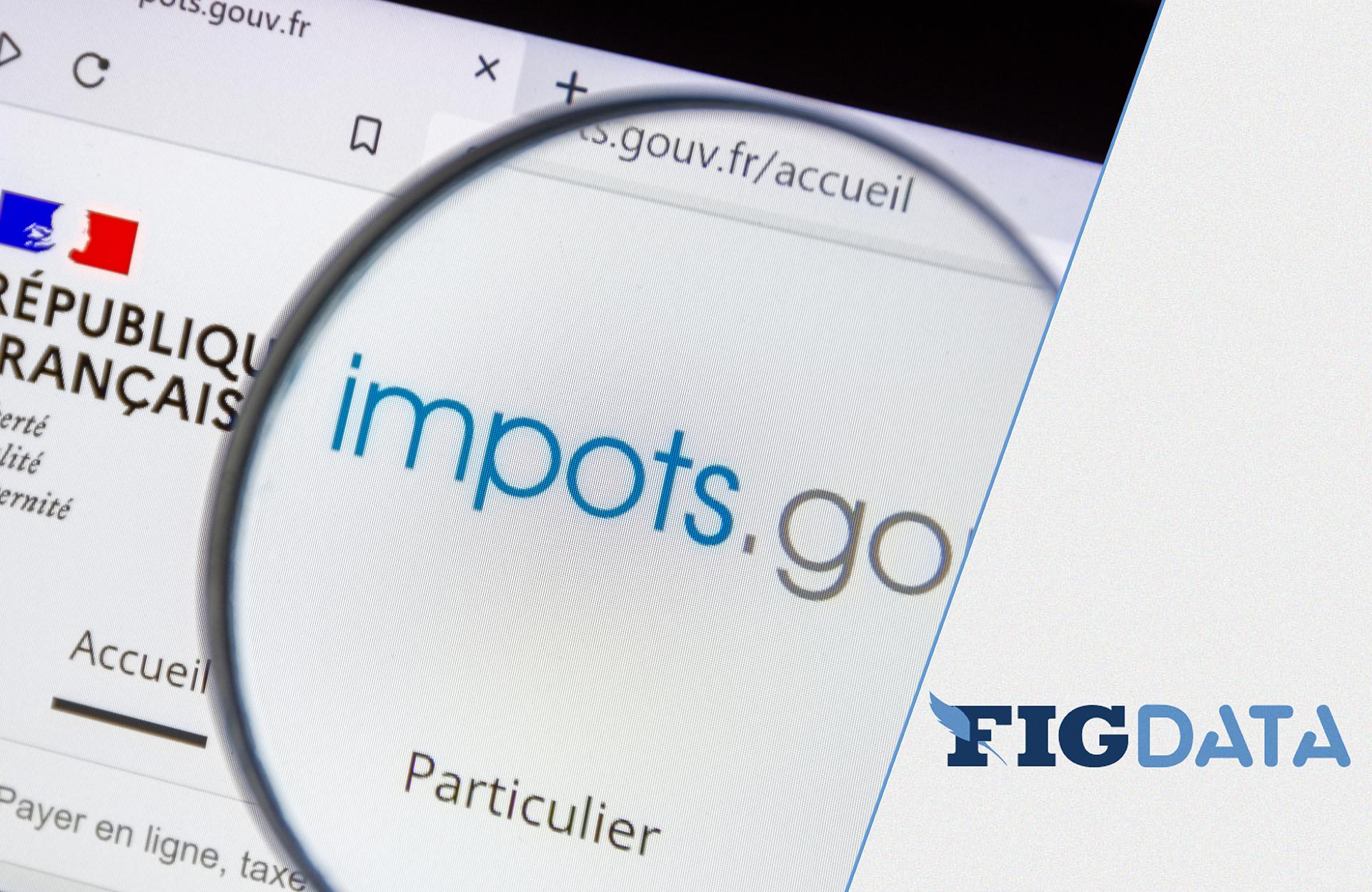2026 Income Tax Scale Freeze Hits Wealthy Paris Households Harder
The 2026 French budget freezes the income tax scale, imposing higher contributions on wealthy Paris households while modestly affecting others.
- • 24,300 wealthy households in Paris affected by the new high-income tax contribution.
- • The freeze on income tax scale causes minor monthly increases for many but hits the affluent harder.
- • Budget includes a new differential contribution on high incomes (CDHR).
- • Significant price hikes expected for biofuels due to reduced tax advantages.
Key details
The 2026 French budget introduces a freeze on the income tax scale that will lead to a modest increase of a few euros per month for hundreds of thousands of households nationwide. However, the impact is far more significant for wealthy taxpayers, particularly in Paris, where 24,300 affluent households will face an additional differential contribution on high incomes (CDHR). This new tax measure is integrated within the 2026 state budget, as detailed by Finance Minister Sébastien Lecornu.
Economy Minister Amélie de Montchalin emphasized that while the average household may experience only a slight rise in tax payments, wealthier groups will shoulder a markedly higher burden under the measure. In addition to the tax changes, the 2026 budget forecasts substantial hikes in prices for biofuels such as E85 and B100. These price rises of 40 to 50 cents per liter over the next three years result from reductions in previously granted tax advantages, potentially affecting transportation costs and living expenses.
Overall, the fiscal policy shifts highlight a progressive approach, aiming to balance minimal impact on lower-income households against increased revenue from high-income groups and environmentally impactful sectors. This strategy reflects the government’s dual objective of generating budget revenue while adjusting incentive schemes in green energy use.
This article was translated and synthesized from French sources, providing English-speaking readers with local perspectives.
Source articles (2)
Source comparison
Latest news
Political and Legal Fallout Mounts Following Quentin Deranque's Death in Lyon
France Faces Widespread Flooding and Damage as Storm Pedro Subsides
Political Fallout Intensifies After Quentin Deranque's Death Amid Calls for Reform and Controversies
Justice Ministry Admits System Failures in Inès Mecellem Feminicide Case, Announces New Measures
Storm Pedro Floods Bordeaux and Surrounding Areas, Prompting Emergency Measures
Macron Urges Political Responsibility Amid Alarming Rise in Political Violence in France
The top news stories in France
Delivered straight to your inbox each morning.

